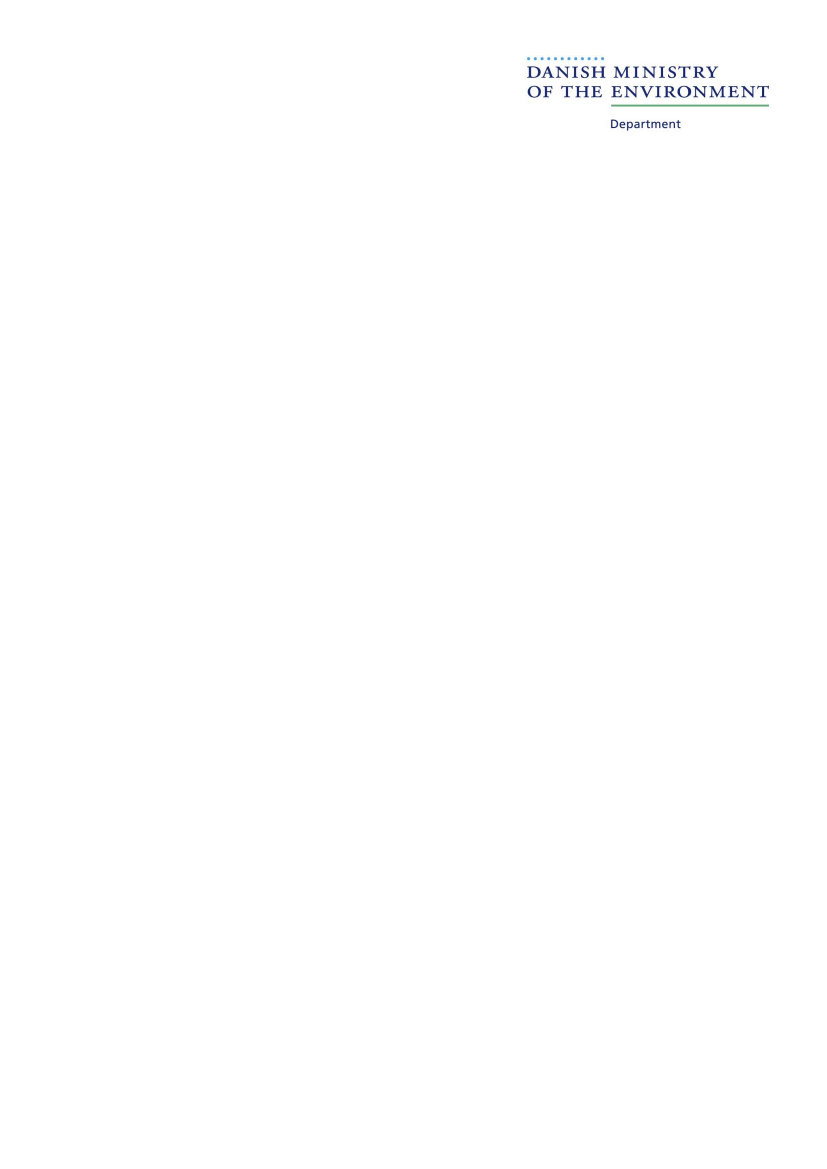
J.nr.
Ref.
March 10 2009
Consultation response by the Danish Government to the European
Commission Green Paper on the management of bio-waste in the Eu-
ropean Union
Denmark welcomes the Commission’s Green Paper. Denmark agrees with
the Commission’s view that due to differences between the Member States,
it may be difficult or not very appropriate to set common bio-waste recycling
targets while also avoiding adverse environmental, economic and adminis-
trative effects.
Consequently Denmark finds it necessary that sufficient flexibility is ensured
to allow Member States to choose the best way to manage bio-waste either
by prevention, recycling or incineration with energy recovery.
It is of great importance to Denmark that the current high Danish level of
protection of the environment, including groundwater and soil, as well as
health can be maintained, and consequently Denmark proposes that only
minimum requirements for compost and its use are established at the EU
level, so that Denmark is able to set more stringent requirements necessary
to maintain the current level of protection.
Denmark calls on the Commission to incorporate occupational health and
safety issues in the social and health impact assessment, as there is a gen-
eral lack of solid data based on epidemiological studies of the health and
safety effects of the various waste management solutions
Denmark also calls on the Commission to take initiatives on joint European
approaches to waste prevention, where joint European efforts are appropri-
ate. Additionally Denmark calls on the Commission to incorporate bio-waste
in its work on creating a system for sharing information on best practise re-
garding waste prevention and in developing guidelines in order to assist the
Member States in preparation of prevention programmes in accordance with
article 29, paragraph 5 of the Waste Framework Directive.
Furthermore Denmark calls on the Commission to increase its focus on the
development of new bio-waste treatment technologies.
Finally Denmark takes the position that the limit on the amount of biode-
gradable waste that is allowed on landfills could advantageously be lowered
at EU level.
Ministry of the Environment • Højbro Plads 4 • DK-1200 København K Denmark
Tel +45 72 54 60 00 • Fax +45 33 32 22 27 • CVR 12854358 • EAN 5798000862005 • [email protected] • www.mim.dk